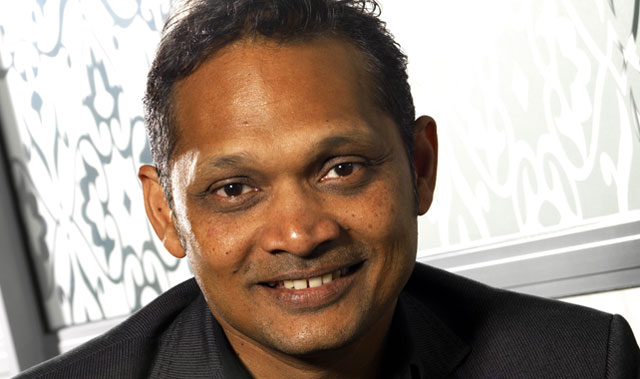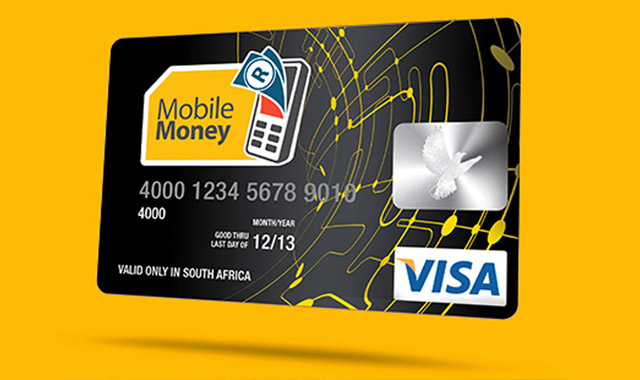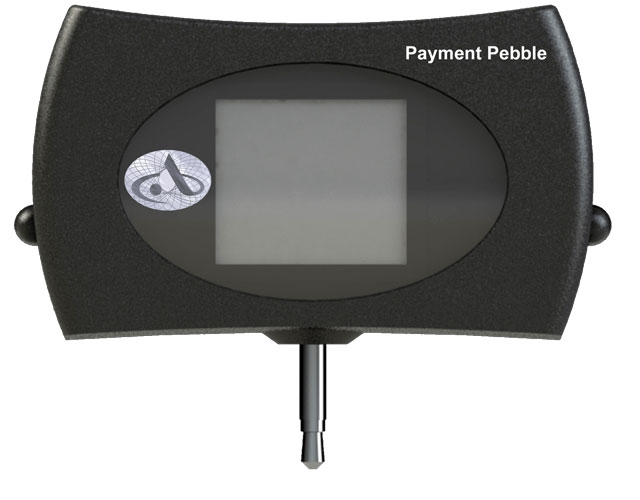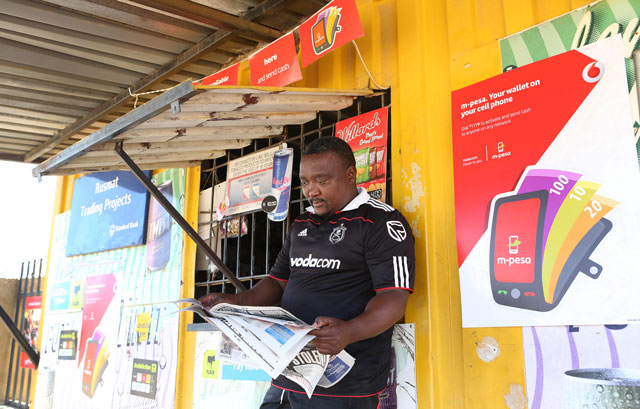
There’s a revolution under way, and this one’s not being agitated by the working class, although they certainly have their part to play. It is being waged by banks, cellphone providers and entrepreneurs hoping to capitalise on a mobile commercial market that is estimated will be worth more than US$800bn by 2016 and have more than 400m users, who will use their phones to move money in ways they never did before.
Pockets of the phenomenon are taking off with unprecedented speed in sub-Saharan Africa, where well-established banking and cellphone brands are scrambling to tap into the “unbanked” portion of the populace by providing platforms for money transfers using cellphone technology.
According to the GMSA’s 2013 mobile money adoption survey, sub-Saharan Africa is home to 53% of all live mobile money services in the world. These services, which allow users to withdraw and send cash from one cellphone user to another, using local retailers and trading stores as ATMs, are available in 36 out of 47 countries in the region.
In Kenya, which has the highest usage of mobile money transfers, more than $3bn are shifted in this way every month, according to Vodacom. That’s $36bn/year in a country that had a GDP of $37bn in 2012.
Nearby Tanzania sees more than $12bn transferred annually, and its GDP was $28bn.
Unsurprisingly, companies are elbowing each other out of the way to get in on the action.
“One point that is clearly illustrated in the survey is the increasingly competitive landscape for mobile money services,” according to the GMSA report.
New mobile money services were launched in nine markets in 2013 and the majority of them were in countries where mobile money services already existed, according to the survey.
There are now at least two or more mobile money services available in 51 markets, compared with 40 markets at the end of 2012 and 33 at the end of 2011.

There has been a growing general awareness about all things mobile in South Africa over the past few months. With it has come a proliferation of products. Standard Bank’s SnapScan, Absa’s Payment Pebble, Vodacom’s M-Pesa, the Zapper app, Nedbank’s Pocket POS, MTN’s Mobile Money, First National Bank’s e-Wallet and Nedbank’s Send iMali are examples.
Some allow for mobile payments from consumers to merchants, some support banking by cellphone and some allow users to transfer money and airtime to their associates using basic cellphone technology.
The products play different roles but are among hundreds of offerings that allow the cellphone to perform a central function in a role that was once offered only by a traditional bank.
“It’s kind of a land grab,” said Herman Singh, the managing executive of mobile commerce at Vodacom, about the number of new products entering the market. “If you can come in and become the de facto standard, you can own it.”
According to Singh, the environment has been created by inflated banking costs. “The opportunity is that banks are too expensive,” he said. “What you’re seeing in the banking and mobile system is merely a reflection of what we’re seeing in other inefficient value systems. The real problem in the world is when you get down to really small payments — traditional banking fails the consumer and very small merchants.”
Most mobile payment systems promise lower fees for the user, and global figures for international money transfers support their claim. A June World Bank report on remittance prices shows that the global costs for remittances have declined by about 0,2 percentage points for the past four quarters.
In the second quarter of 2014, the global average total cost for sending remittances was 8,14%, “a new life-time low”.

But the cost of transferring money out of South Africa was, on average, the highest in the world, with transfers from South Africa to Zambia, Botswana and Mozambique being among the top five most expensive transfers to make.
Singh said that the mobile money transfer market allowed users to exchange money at a fraction of the cost of normal banking transactions.
Vodacom originally launched a version of Kenya’s vastly popular mobile money transfer product, M-Pesa, in South Africa in 2009, with a view to attracting 13m users in the country. Instead, it reportedly attracted only a few hundred thousand.
High costs
“If we get 10m customers moving R2 trillion a year, we would easily drop our transaction fees from 5% to 1%. That’s like 80% to 90% cheaper,” he said. “I can tell you now that no bank in South Africa can do that.”
But, according to Arthur Goldstuck, MD of technology research company World Wide Worx, one of the failings of the original M-Pesa product was that the costs were too high.
For M-Pesa and other tech-driven product innovations to succeed, said Goldstuck, they had to be “dazzlingly simple and significantly cheaper”. M-Pesa was neither, he said. “We said from the start that they needed to bring down their costs and they didn’t. They need to put their money where their mouths are when they relaunch.”
Absa’s Payment Pebble is another product that offers lower costs. It’s a smartphone “cashless mobile payment solution” that allows merchants to receive payments directly from customers without having to buy expensive point-of-sale equipment, which usually cost thousands of rands.
Reg Rheeder, who owns Planet Waves, an upmarket hair and wellness salon in Pretoria, has done away with point-of-sale payments in favour of the Pebble. It plugs into the audio jack of his smartphone and allows customers to swipe their cards and input a security pin for payment.
“I was paying a huge amount of commission on payments using a point-of-sale machine,” Rheeder said. “The Pebble came in much cheaper and had an impact on my bottom line.”
The plug-in device costs R150 and Absa customers pay about R57/month for the first year and R23/month thereafter. They also pay a reduced commission rate per transaction of about 3,2%.
Rheeder estimates the new payment system has saved him about 3,5% in costs. It sends instant payment receipts by SMS or e-mail, and generates daily paperless payment reconciliations.
“It’s just a brilliant, brilliant concept,” he said.
Paula le Maitre, the area manager for Johannesburg promotional company Brand Name Marketing, said the device had helped the company to tap into a wider customer base.
“The nicest thing about it is you don’t lose those impulse sales,” she said. “It was awesome to be able to take our product and go desk to desk at people’s offices. We tripled our turnover in one day when we used the Payment Pebble.”
Cellphone payment options are providing new opportunities for merchants, but what about consumers?
Much of the rhetoric behind the product revolution involves tapping into the unbanked sector of the market. According to Vodacom’s estimates, there are 7m people in South Africa who earn salaries but do not have their own bank accounts, which represents about 14% of the population.
In the rest of Africa, that figure is a lot higher: the organisers of the Mobile Money Africa conference in 2013 estimated that 80% of adults on the continent were still unbanked.
But even the simplest cellphone-driven payment methods are all still dependent on banks.

The laws in South Africa — and in many other countries — stipulate that only traditional banks are allowed to take deposits. Therefore, even money transfer systems such as M-Pesa must, inherently, be linked to a bank to succeed. And at least one of the users of a transaction must have a bank account.
Companies that offer mobile points of sale (M-Pos) solutions claim to provide a payment solution for every kind of vendor, from plumbers to roadside craft market vendors. But anyone who uses the system still needs to go through a formal registration process with a bank.
“The problem with a lot of these solutions is that you still need a merchant account,” said Goldstuck. “You have to have a certain volume of trade and value of trade to justify it as well.”
Card required
The reality is that it is unlikely that the person who offers to wash your car in the parking lot will be able to tap into this anytime soon, even if he is one of the reported 20m South Africans who owns a smartphone.
Users of M-POS systems such as the Payment Pebble, Pocket POS or SnapScan also need a debit or credit card to make a transaction.
In some parts of the world, telecommunications companies have applied for banking licences in a bid to cut the banks out of the exchange. But, according to Singh, there is limited appetite for that in South Africa. “Telecoms companies really want to stick to their knitting,” he said, but acknowledged “things might change in five or 10 years’ time”.
All the players hopping on to the mobile payment bandwagon will also need to navigate the regulations placed on them by the Reserve Bank, another element that puts constraints on possible solutions.
According to Goldstuck, technology providers will need to access the unbanked market more efficiently before they see a significant swelling of figures in the South African mobile money environment.
And gung-ho opportunity-takers should be aware that the figures representing money transfers are different from (and higher than) figures representing real mobile commerce opportunities.
“From an industry level, there’s definitely a payment revolution taking place,” he said. “But it’s more in terms of the range of options available rather than the number of people using them. The dramatic trend is how many solutions are coming to market.” — (c) 2014 Mail & Guardian
- Visit the Mail & Guardian Online, the smart news source
- See also: Vodacom has another crack at M-Pesa

